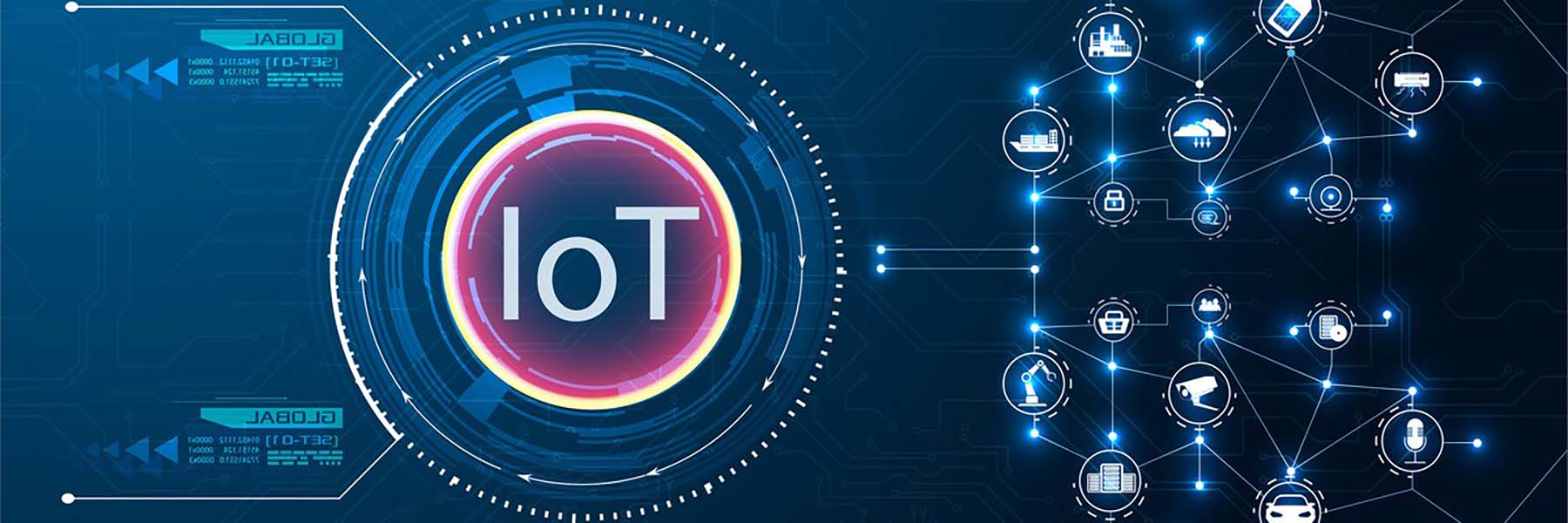
Computer Engineering and The Internet of Things (IoT) are two interconnected fields that focus on the design, development, and implementation of computer systems and connected devices. Computer engineering combines principles of electrical engineering and computer science to create hardware and software solutions, while IoT refers to the network of physical devices embedded with sensors, software, and connectivity to exchange data and interact with the environment.
Computer Engineering: The employment prospects for computer engineering graduates are generally strong due to the increasing demand for computer systems and technology solutions in various industries. Here are some potential employment prospects:
- Hardware Engineer: Hardware engineers design and develop computer systems, integrated circuits, and electronic components. They work on tasks such as circuit design, PCB layout, system testing, and optimization.
- Software Engineer: Software engineers develop and maintain software applications, operating systems, and firmware. They are involved in programming, software testing, debugging, and optimizing system performance.
- Network Engineer: Network engineers design and manage computer networks, ensuring reliable and efficient data transmission. They work on tasks such as network architecture design, network security implementation, and network troubleshooting.
- Embedded Systems Engineer: Embedded systems engineers focus on designing and developing computer systems that are integrated into other devices or products. They work on tasks such as firmware development, microcontroller programming, and hardware-software integration.
- Cybersecurity Specialist: With the increasing concerns around data security, cybersecurity specialists play a vital role in protecting computer systems and networks from unauthorized access and cyber threats. They implement security measures, conduct vulnerability assessments, and develop security policies.
Internet of Things (IoT): The IoT industry is rapidly expanding, creating a high demand for professionals with expertise in IoT technologies. Here are some potential employment prospects:
- IoT Solutions Architect: IoT solutions architects design and develop end-to-end IoT solutions, considering hardware, software, connectivity, and data analytics. They collaborate with various stakeholders to identify business requirements and design scalable and secure IoT systems.
- IoT Developer: IoT developers build software applications and interfaces for IoT devices and platforms. They work on tasks such as sensor integration, data processing, cloud connectivity, and developing user interfaces.
- Data Analyst: Data analysts in the IoT field analyze and derive insights from the vast amounts of data generated by IoT devices. They work on data cleansing, data visualization, and data mining techniques to extract meaningful information for decision-making.
- IoT Security Specialist: IoT security specialists focus on ensuring the security and privacy of IoT systems. They implement security protocols, encryption techniques, and authentication mechanisms to protect IoT devices and data from cyber threats.
- IoT Project Manager: IoT project managers oversee the planning, implementation, and execution of IoT projects. They coordinate with cross-functional teams, manage resources, and ensure project timelines and deliverables are met.
| 3 Years Diploma |
30 Seats |
At least 35% aggregate in 10th / Matric. |
| Lateral Entry to 3rd Semester |
12 Seats |
12th Pass in Science (with Math) OR 10th + (2 years ITI) OR 12th Science with Vocational / Technical. |


